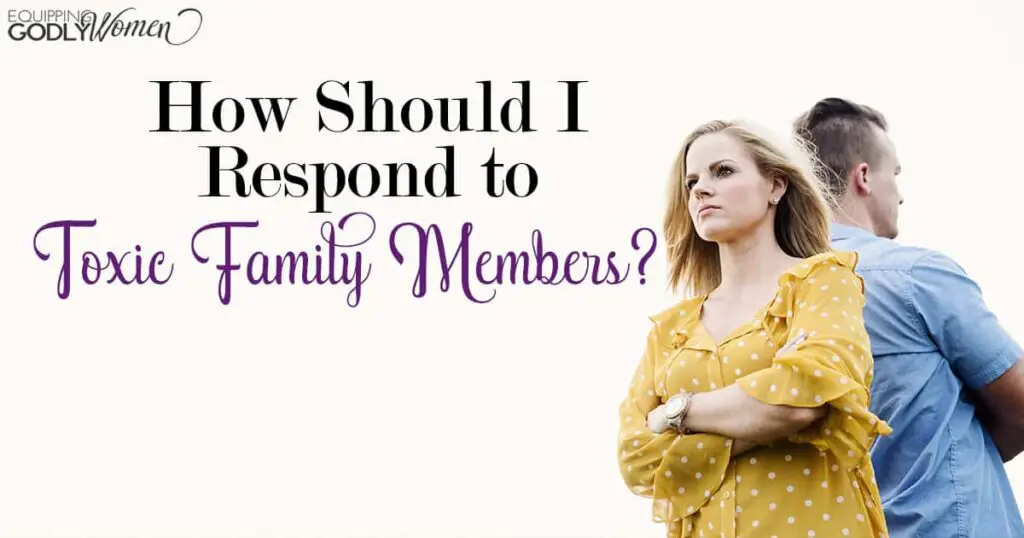



Family relationships can be the most fulfilling and meaningful relationships in our lives. However, not all family relationships are healthy. Some family members can be toxic, causing emotional pain and distress. As a Christian, it is important to understand what the Bible teaches about toxic family relationships.
A toxic family relationship is one where there is ongoing emotional pain and distress caused by a family member. This can include verbal or physical abuse, neglect, manipulation, or controlling behavior.
The Bible teaches that we are to love and honor our family members, but it also recognizes that there are times when family relationships can be difficult. Here are some biblical teachings about toxic family members:
Jesus teaches us to love our enemies and pray for those who persecute us (Matthew 5:44). This can be difficult when the enemy is a family member who has hurt us, but as Christians, we are called to show love and forgiveness even in difficult situations.
The Bible teaches us to set healthy boundaries in our relationships. Proverbs 22:24-25 warns us not to make friends with a hot-tempered person or associate with one who is easily angered, lest we learn their ways and get ourselves ensnared. In toxic family relationships, it may be necessary to set firm boundaries to protect ourselves from emotional harm.
The Bible also teaches us to seek reconciliation with those who have hurt us. Matthew 18:15-17 instructs us to go to the person who has sinned against us and try to resolve the issue privately. However, if the person refuses to listen, we may need to involve others in the process.
When dealing with toxic family members, it is important to pray for wisdom and discernment. James 1:5 tells us that if we lack wisdom, we should ask God, who gives generously to all without finding fault, and it will be given to us.
If you are dealing with toxic family members, here are some practical steps you can take:
Speaking with a counselor or therapist can be helpful in dealing with the emotional pain caused by toxic family relationships. They can provide support and guidance on how to set healthy boundaries and work towards healing.
It is important to take care of yourself when dealing with toxic family members. This may include taking time for yourself, engaging in activities that bring joy, and seeking support from friends and other family members.
Forgiveness is an important part of healing from toxic family relationships. Forgiveness does not mean forgetting what happened or excusing the behavior, but it does allow us to let go of the anger and bitterness that can hold us back from moving forward.
Sometimes, the best way to deal with toxic family members is to love them from a distance. This may mean limiting contact or even cutting off contact altogether. It is important to prioritize your own emotional well-being and safety.
Dealing with toxic family members can be difficult, but as Christians, we can find guidance and support in the Bible. By setting healthy boundaries, seeking reconciliation, and practicing self-care, we can work towards healing and forgiveness in our relationships. Remember to pray for wisdom and guidance, and seek support from friends, family, and professionals when needed.
Related Posts